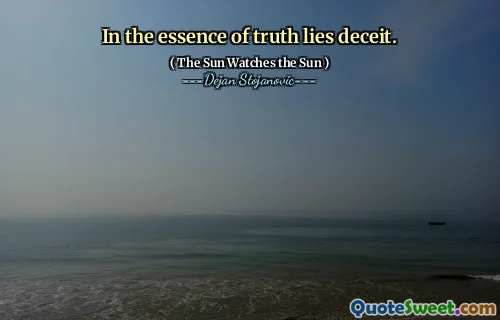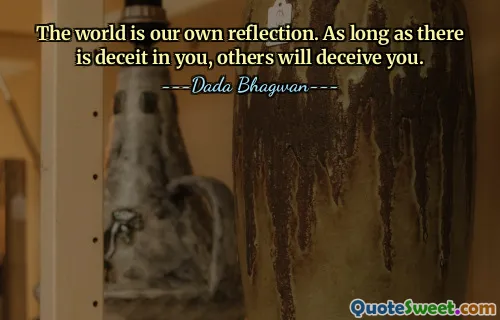It was not for me, after these last seventy-two hours, to reject as too outlandish the possibility that the situation for him here had driven George crazy. Yet I did reject it. It was just too insipid a conclusion. Not everybody was cray. Resolute is not crazy. Deluded is not crazy. To be thwarted, vengeful, terrified, treacherous--this is not to be crazy. Not even fanatically held illusions are crazy, and deceit certainly isn't crazy--deceit, deviousness, cunning, cynicism, all of that is far from crazy...and there, that, , there was the key to my confusion. Of course!
The narrator contemplates the mental state of George after experiencing a tumultuous 72 hours. Despite the chaotic circumstances, the narrator rejects the idea that George has gone mad. Instead, he believes that various emotional states like resolution, delusion, and vengeance do not equate to insanity. The terms used to describe George's behavior indicate complexity rather than madness, revealing a deeper insight into his character.
This reflection leads the narrator to understand that behaviors such as deceit and cunning are part of the human experience and do not signify a loss of sanity. It highlights the distinction between being affected by one's circumstances and actually being unhinged. The narrator's acknowledgment of this complexity showcases a profound recognition of the nuanced nature of human emotions and motivations, reinforcing the idea that not all tumultuous behaviors stem from madness.


